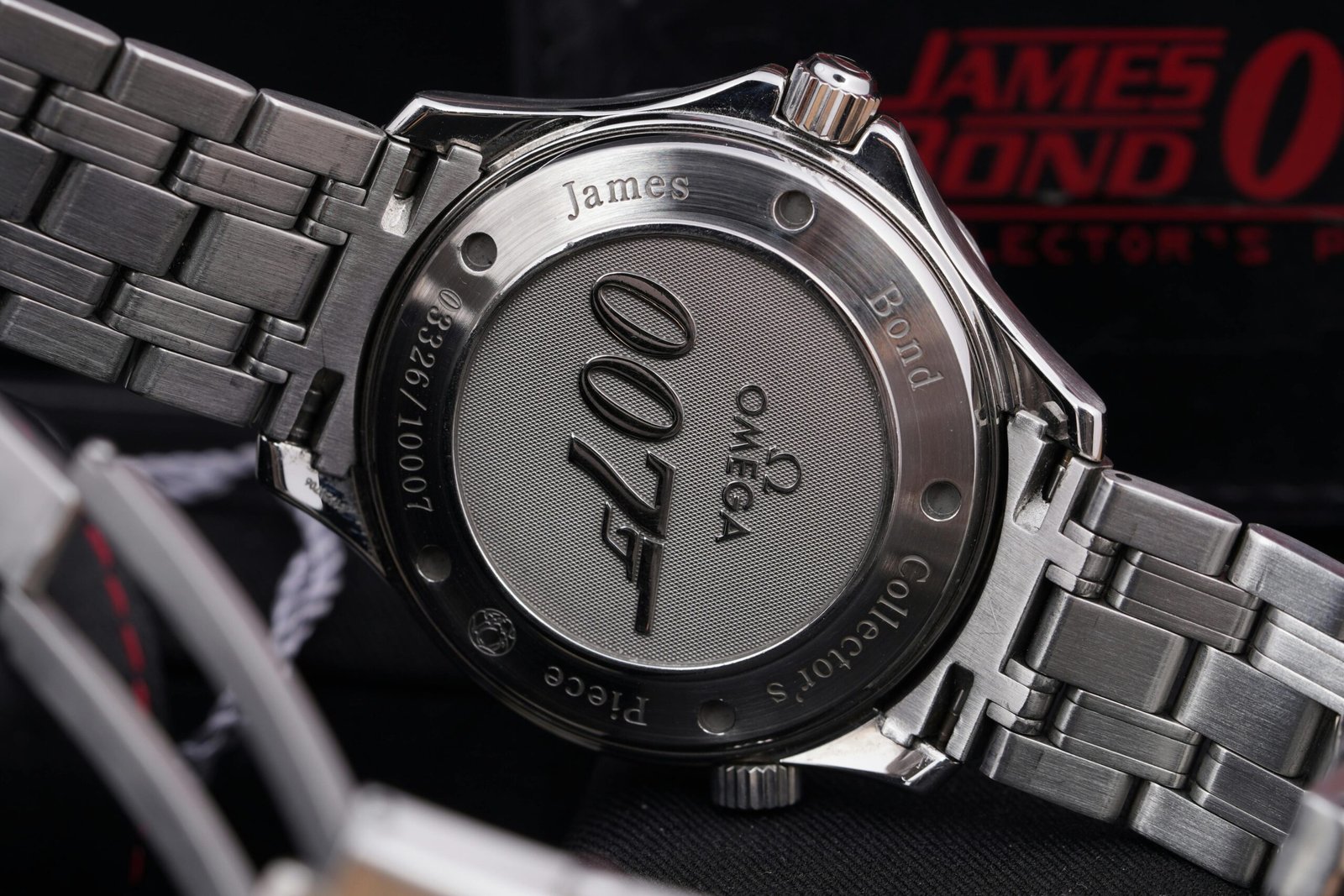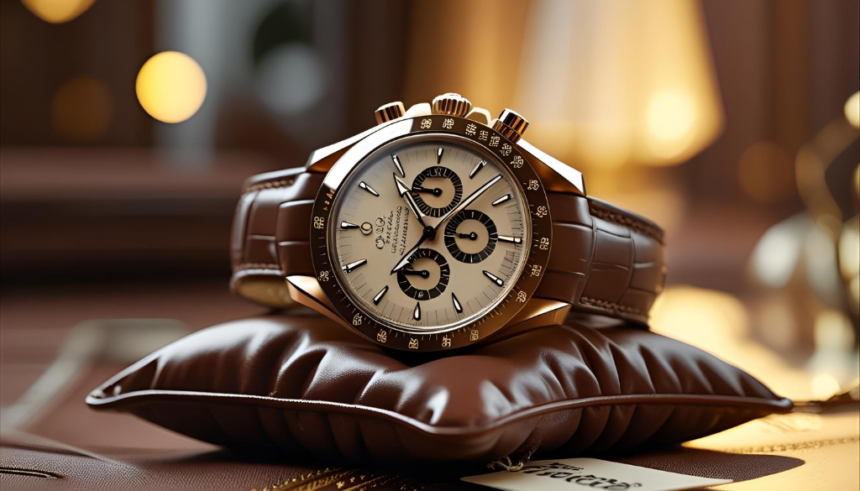What draws you to a luxury watch? Is it the craftsmanship, the status, or perhaps something deeper, like the stories behind each tick? Omega watches, in particular, associate themselves with an intriguing blend of history, design, and performance. Understanding the prices of Omega watches for men offers a glimpse into this world of horological excellence, inviting you to consider what makes these timepieces so desirable.

This image is property of images.pexels.com.
The Allure of Omega Watches
Omega has long been held in high regard among watch enthusiasts and collectors alike. Since its founding in 1848, the Swiss brand has established itself as a purveyor of precision and style. Whether it’s the Speedmaster, famously worn by astronauts, or the Seamaster, known for its connection to James Bond, Omega watches encapsulate a sense of adventure and elegance.
Craftsmanship and Design
When you look at an Omega watch, you aren’t just looking at a timekeeping device; you’re witnessing an embodiment of Swiss craftsmanship. Each watch is crafted with meticulous attention to detail and excellence. Omega uses high-quality materials like stainless steel, gold, and ceramic, ensuring your watch not only looks stunning but also stands the test of time.
Beyond the materials, design plays a pivotal role in the pricing of Omega watches. The aesthetic appeal can vary significantly among different models. For instance, the Seamaster’s diving heritage gives it a rugged yet sophisticated look, whereas the De Ville collection resonates with classic elegance.
| Model | Material | Typical Price Range |
|---|---|---|
| Speedmaster | Stainless Steel | $5,000 – $15,000 |
| Seamaster | Stainless Steel | $4,000 – $10,000 |
| Constellation | Gold or Steel | $3,000 – $20,000 |
| De Ville | Gold or Platinum | $3,500 – $15,000 |
Heritage and Prestige
The history of Omega is layered with fascinating milestones, such as being the official timekeeper for the Olympic Games and the first watch worn on the moon. These achievements have shaped Omega’s reputation and have a substantial influence on pricing. A watch that has served a greater purpose or has a story tied to it often comes with a higher price tag.
Conversely, some of Omega’s models have been designed to celebrate specific historical events. Limited editions or commemorative pieces might command a premium price, as they appeal to collectors and enthusiasts looking for something unique.
Factors Influencing Prices
Understanding why Omega watches are priced the way they are can help you determine your own purchasing criteria. A range of factors influence the pricing of these luxury timepieces, some of which may surprise you.
Materials and Quality
As noted earlier, the materials used can significantly impact price. Watches made of precious metals like gold or platinum come at a higher cost. Furthermore, the quality of movements—automatic vs. quartz—also matters. Omega’s Co-Axial escapement technology enhances watch performance and often justifies a higher price.
Features and Complications
The more features or complications a watch has, the more intricate and expensive it tends to be. For example, a simple time-only watch will cost less than a chronograph with multiple functions, or a perpetual calendar that tracks the date for years without adjustment. Here’s a more specific breakdown:
| Type of Watch | Complexity Level | Typical Price Range |
|---|---|---|
| Time-Only | Low | $3,000 – $6,000 |
| Chronograph | Medium | $5,000 – $10,000 |
| Complicated | High | $10,000 – $30,000 |
Brand Reputation
Omega is synonymous with luxury for a reason. Its reputation adds an intrinsic value, lending an aura of prestige to each watch. When you wear an Omega, it says something about you, your taste, and your appreciation for history and quality. This brand reputation reflects in its pricing strategy as well.
Condition and Rarity
The condition of the watch, particularly if you’re considering pre-owned models, influences pricing significantly. A well-maintained vintage watch with original packaging can fetch a notably higher price than one that shows signs of wear. Rare editions or models that are no longer in production are also seen as investments, potentially driving prices even higher.

This image is property of images.pexels.com.
Current Market Trends
Every industry has its trends, and the luxury watch market is ever-evolving. Knowing about current trends can help you make informed buying decisions.
The Rise of Vintage
In recent years, vintage Omega watches have surged in popularity. Enthusiasts are drawn to the unique stories and singular designs that older models offer. This trend has led to increased prices, particularly for iconic pieces like the Omega Speedmaster Professional.
Collecting as an Investment
Many individuals view luxury watches not just as accessories but as investment opportunities. As demand for Omega watches continues to rise, particular models have appreciated significantly over time. This potential for value increase intrigues many new collectors and could sway your own decisions.
Sustainable Practices
More brands are embracing sustainable practices in production and materials. Omega, known for its commitment to eco-friendly practices, has introduced models that use environmentally sustainable elements. This direction could appeal to your sense of responsibility and sustainability when considering a purchase.
The Buying Process
If you’re pondering an Omega watch purchase, understanding the buying process can enhance your experience.
Authorized Dealers vs. Third-Party Retailers
Your first step is deciding where to buy. Authorized dealers provide authenticity guarantees and warranties, ensuring you’re purchasing a genuine Omega. However, third-party retailers might offer more competitive pricing and access to rare models, although confirming authenticity becomes your responsibility.
New vs. Pre-Owned
Deciding between a new or pre-owned watch can also affect your overall cost. New models ensure warranty and the latest designs, while pre-owned watches present opportunities for unique pieces at a reduced price. Just remember to thoroughly research the seller and request detailed information about the watch’s condition.
Asking for Documentation
Regardless of where you choose to make your purchase, ask for documentation. Authenticity certificates, service history, and original packaging can add considerable value and peace of mind.

This image is property of images.pexels.com.
Future Considerations
Taking a step back and considering the future implications of your purchase is wise.
Maintenance and Care
Omega watches, like any luxury item, require maintenance to keep them functioning optimally. Regular servicing can prevent potential issues down the line. Be prepared to invest in cleaning, oiling, and repairs to maintain the watch’s performance and value.
Upgrades and Sell-Back Options
Should you decide to upgrade or sell your watch in the future, some models retain their resale value remarkably well. Knowing which models have strong resale potential can influence your purchasing decision. There could be options to trade-in or sell back, which adds versatility to your investment.
Conclusion
When contemplating Omega watches for men’s prices, remember it boils down to various layers of craftsmanship and prestige. Beyond the cost, it’s about what you value in a timepiece. Whether it’s the history entwined with the design, the admiration of quality materials, or the recognition of brand reputation, the nuances of Omega watches cultivate a rich narrative around each model.
Owning an Omega is not just about telling time; it’s about becoming part of a legacy woven with adventure and sophistication. As you consider your purchase, take a moment to reflect on what resonates with you personally. In a way, it’s about more than just the watch—it’s about the journey each timepiece represents.

